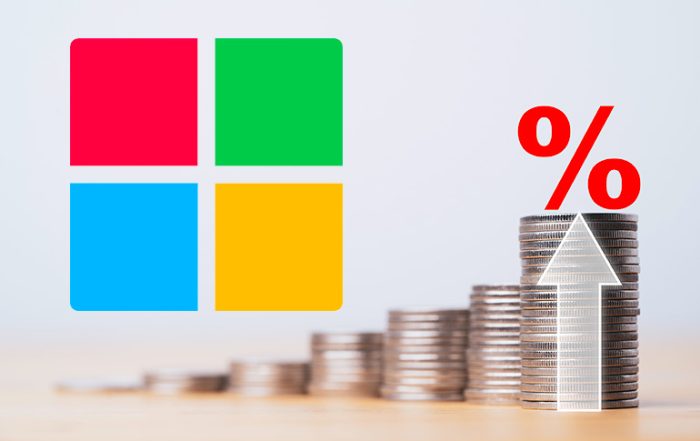Are You Really Living In A Digital World Today?
The digital world has completely taken over our lives today, whether we like it or not. We are all connected to the digital world in one way or another – be it through social media, smartphones, computers, etc., etc… There are some positive and negative effects of this digital lifestyle on us as well as on our society as a whole. So how has the digital world affected us? Here are some reasons why we think the digital world isn’t as great as we think it is…
What Is It Like To Live In A Digital World?
Many people are still not fully aware of what living in a digital world means. There are still people out there who are spending their lives away from technology. When you talk to them, they’ll tell you about how much easier their life is without technology, or why they can’t live without it. We all want to live our lives at our convenience and that is exactly what technology allows us to do. There is no way that we can go back to living in a non-digital world ever again, but there is always more than one perspective on every situation! Are you really living in a digital world today? That depends on who you ask!

We All Have Digital Lives
How many digital devices do you have in your life? The average Australian adult has four or more, from smartphones to tablets to computers. With our devices constantly with us, we’re constantly living in a digital world. But how much of a difference does it really make? Do we use our devices wisely and effectively, or is there a better way for us to spend our time online? It can be hard to tell if we’re being successful at living in a digital world today—but what does success look like anyway?
Here are some helpful questions for evaluating how you should be using your time on digital devices. Is What I’m Doing Beneficial? To determine whether something is beneficial or not, ask yourself so what? sof your activity. Consider three different categories of activities: staying connected (social media), shopping (shopping sites) and gaming (video games). If you spent an hour surfing Facebook each day but didn’t post anything yourself, then asked yourself so what? And if your answer was that you were trying to stay connected with friends then it might be beneficial because staying connected is likely valuable to you. Ask yourself why people game on their phones so often; they may find value in gaming which leads them back into a social circle that would otherwise suffer due to lack of contact outside work hours.
What Benefits Does That Give Us As Consumers?
Some people might be saying, I don’t want a computer in my home. I’m perfectly happy with my digital life going on from my cell phone. Why do I need a computer in my house if that is all I am going to do with it anyway? It is true that you might not need a computer at home, but they can do so much more than just let you surf social media. For example, you can use them for schoolwork and entertainment such as video streaming. The best part about having your own computer at home is that it will save you money when compared to using public computers or renting one from a business every time you need one for an activity that requires one.
Where We Can Go From Here
Technology is developing at an increasingly rapid pace. New developments in VR technology, augmented reality, and artificial intelligence are improving our standard of living and shaping how we do business. Here’s a breakdown of where we can go from here Virtual Reality – While it may have its critics, there’s no denying that virtual reality has grown more popular by leaps and bounds over recent years. It has gained exposure through live-streaming videos, gaming consoles like PlayStation VR, mobile apps like Google Street View for Cardboard, and newer devices like Oculus Go that don’t require being tethered to a high-powered computer or gaming system. Companies such as Facebook, Microsoft, Apple and Google are all working on their own systems, while startups such as EnvelopVR and Improbable promise even greater immersion using new technologies not yet widely available. An increasing number of industries (like medicine) are also looking into making use of VR to improve patient care. Augmented Reality – Augmented reality combines digital images with real world objects, adding layers of information. Depending on your device and operating system, you can look at anything around you—say, a pen lying on your desk—and get information about what you’re seeing, including prices for that pen if you buy it online.







